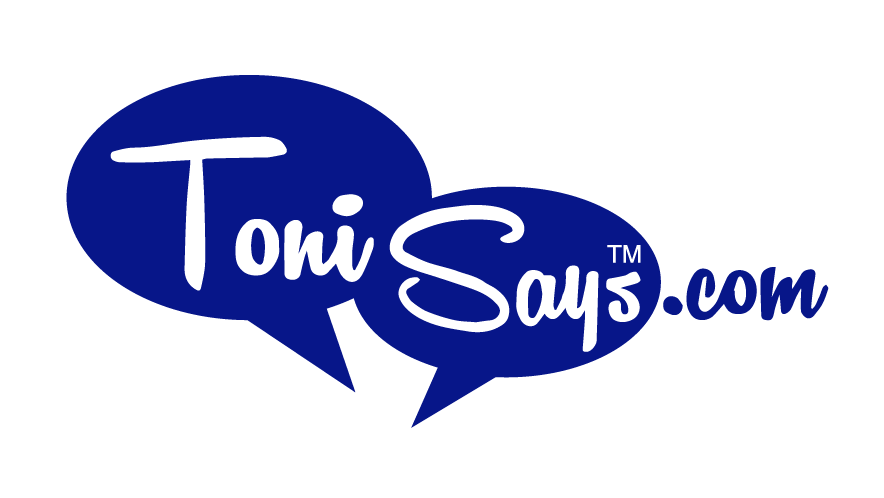$$Millions$$ Stolen from a “Granny Scam”!
Hello Toni,
Recently a local news channel exposed a “granny scam” which stole $thousands from an elderly woman who thought her adult daughter had been kidnapped. This is the second scam that I have heard about recently. A friend of mine had a phone call from their grandson who was in jail and needed $1,600 to bail him out. Both calls were false and has scammed millions from America’s elderly.
What is strange is that in both situations the victim was told to go to CVS or Wal-Mart and use Money Gram to instantly send the money. They knew all the personal information about the senior’s family and even the nickname that they called their grandparent. Cash was wired, no check or credit card used, so there was no way for those scammed to get their money back.
America reads the Toni Says® Medicare column each week and I thought this would be a great topic for the Medicare community. Please explain what to do if we get one of these calls…Andy, a concerned Grandpa from St. Louis, MO
Great Story, Andy:
With millions of Americans over the age of 55 on Facebook, which contains easily accessible personal information. In today’s rapidly growing internet society, it is easier than ever for hackers and scammers to get their hands on our personal data, which helps the scammer steal from unsuspecting victims that grandkids are more valuable than diamonds and rubies.
Many believe that only their family and friends can see their personal information and what they are posting, but the slime of the internet is watching what you are posting. Your Facebook account shows thieves personal information, such as where you live, postings with family and friends, and yours or family members’ nicknames. We post personal information about special family occasions, our new cars, engagement rings, and pictures of vacations and road trips – letting thieves know when we are away from home and providing them with all they need to pull off a scam.
We always tell our kids not to talk to “strangers,” but we tend to forget that we all communicate on Facebook, Instagram, and other accounts with online “friends” whom we have never met and really are strangers. Then you get that phone call saying your grandson, daughter or family member is in jail or has been kidnapped. He or she now needs your help and only money will solve this problem. All the scammer has to do is Google the grandparent’s phone number, make the call, and the swindle is on!!
Money Gram is the easiest payment system for thieves to manipulate. Be aware of what you are placing online. Scammers take advantage of seniors’ compassion and their eagerness to help a family member who is in trouble.
How to Keep the Elderly Phone and Internet Safe from Scammers:
- Make elderly loved ones aware of this scam.
- Have a special password that only you and your family member know. Do not post this special password online or anywhere outsiders can view it.
- Ask the caller detailed questions that only your family member would know.
- Call other relatives to determine the whereabouts of this family member.
- If the caller (who is the scammer) says this situation should be kept a secret and not to tell anyone. Know that this is a “scammer” red flag.
- Check on your loved one discussed in this conversation by calling their current phone number. Always verify they are safe.
Scammers are often operating from other countries, making it almost impossible to prosecute them.
“Confused about Medicare Workshops” are taking a summer vacation and will return in the fall. Medicare consultations are available by contacting the Toni Says® Medicare team at info@tonisays.com or by phone at (832) 519-8664.


